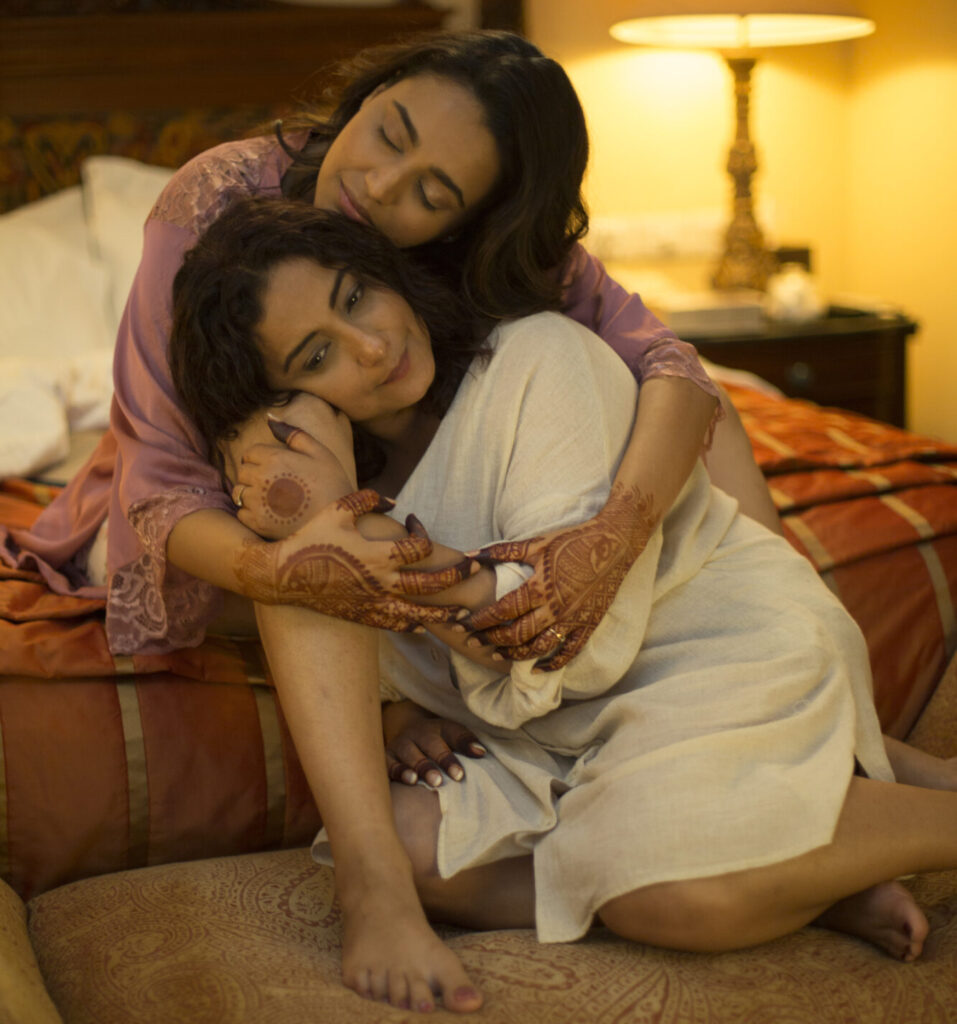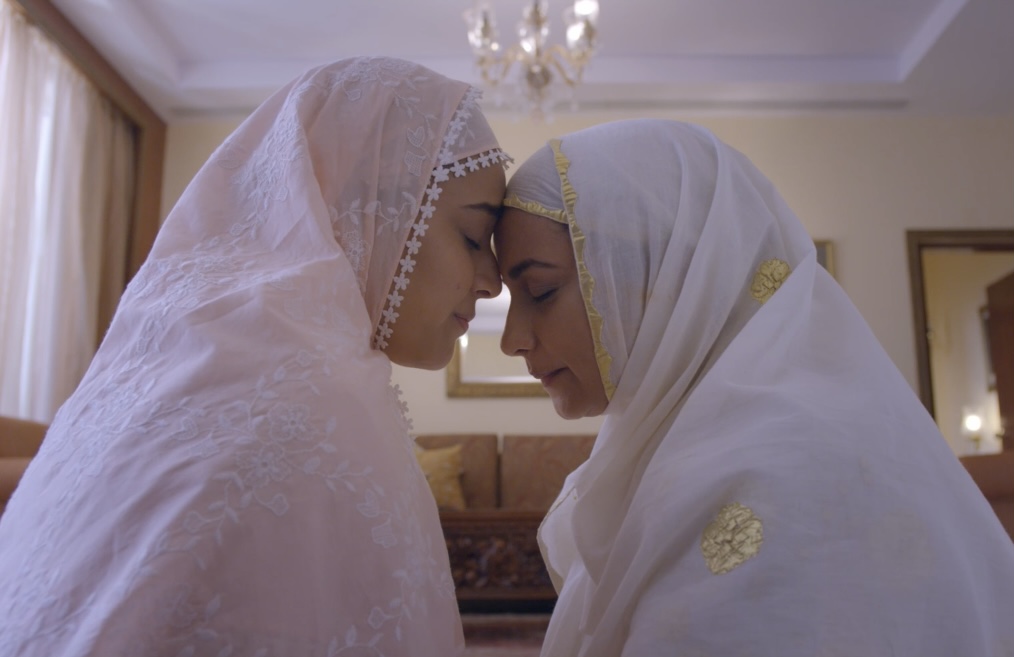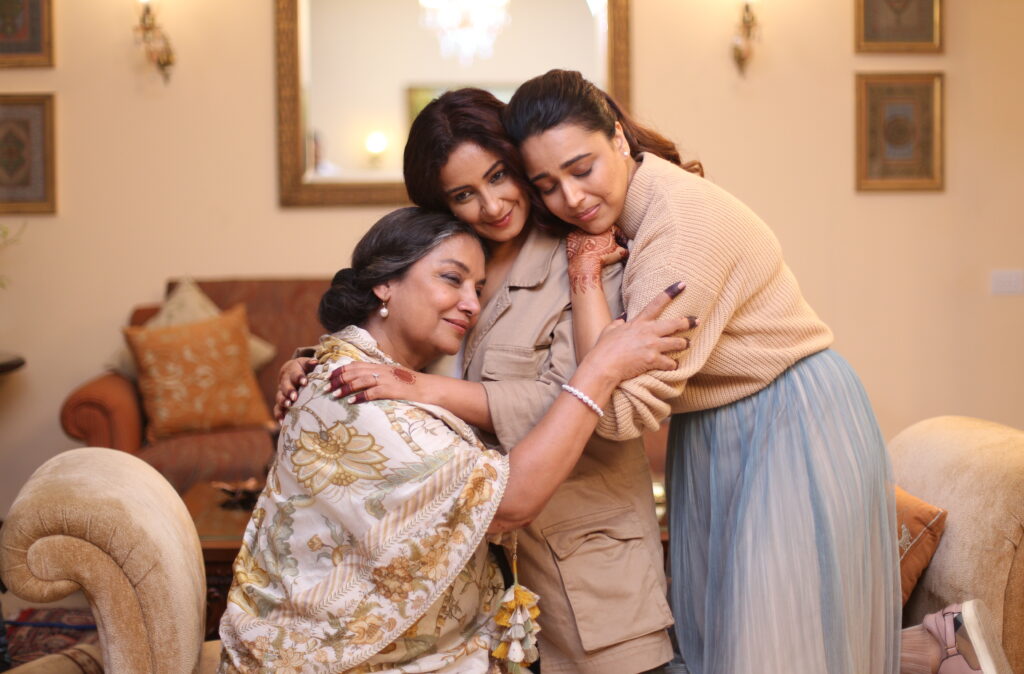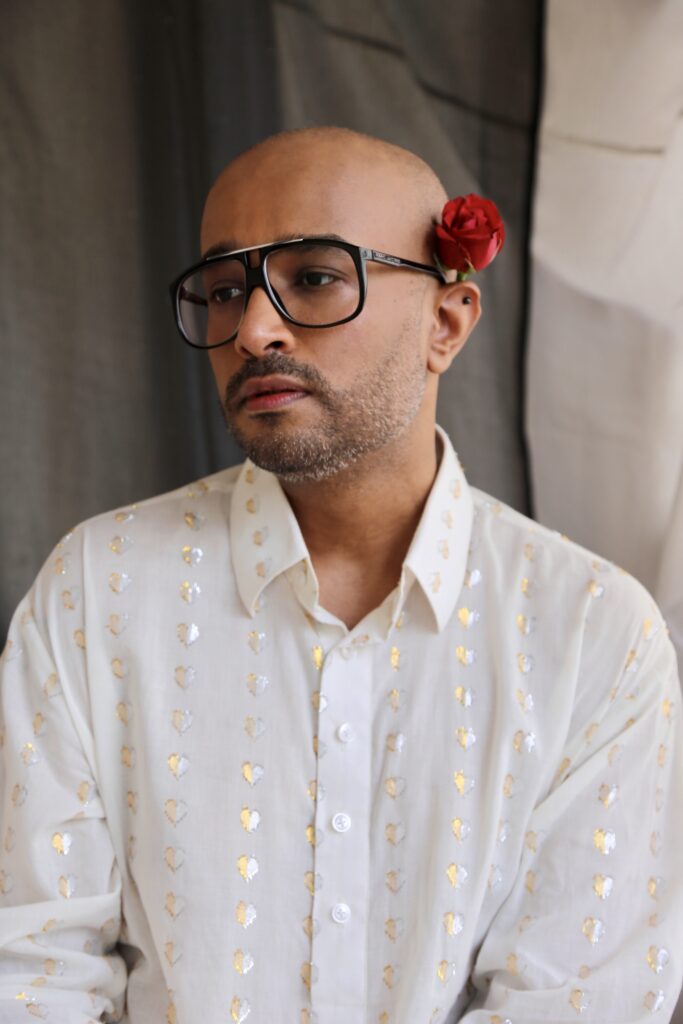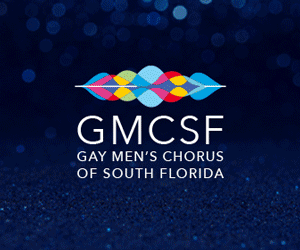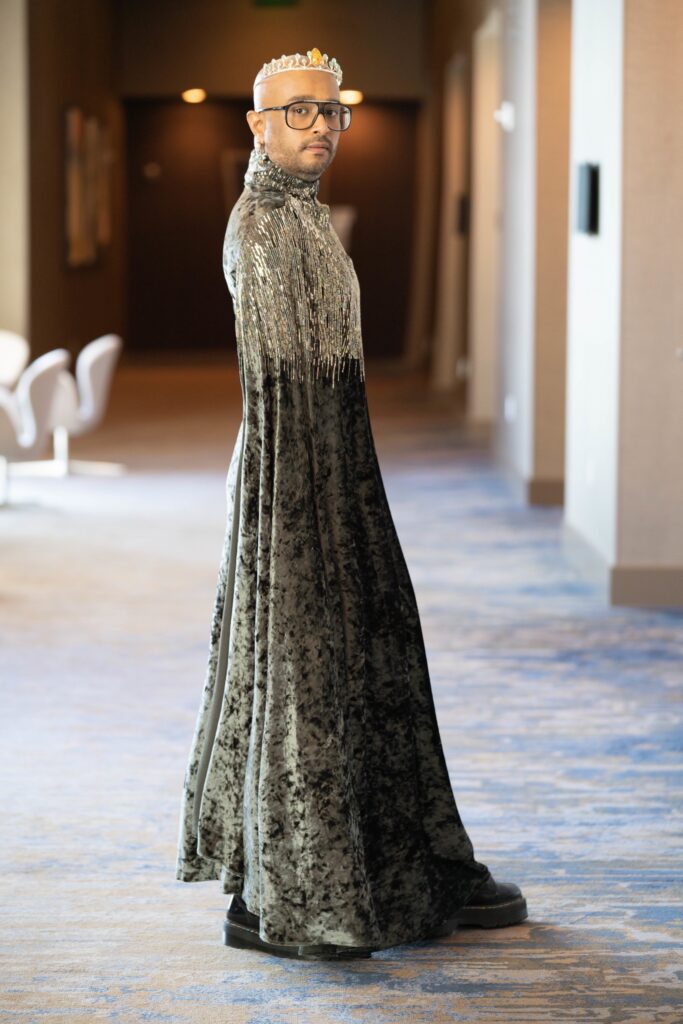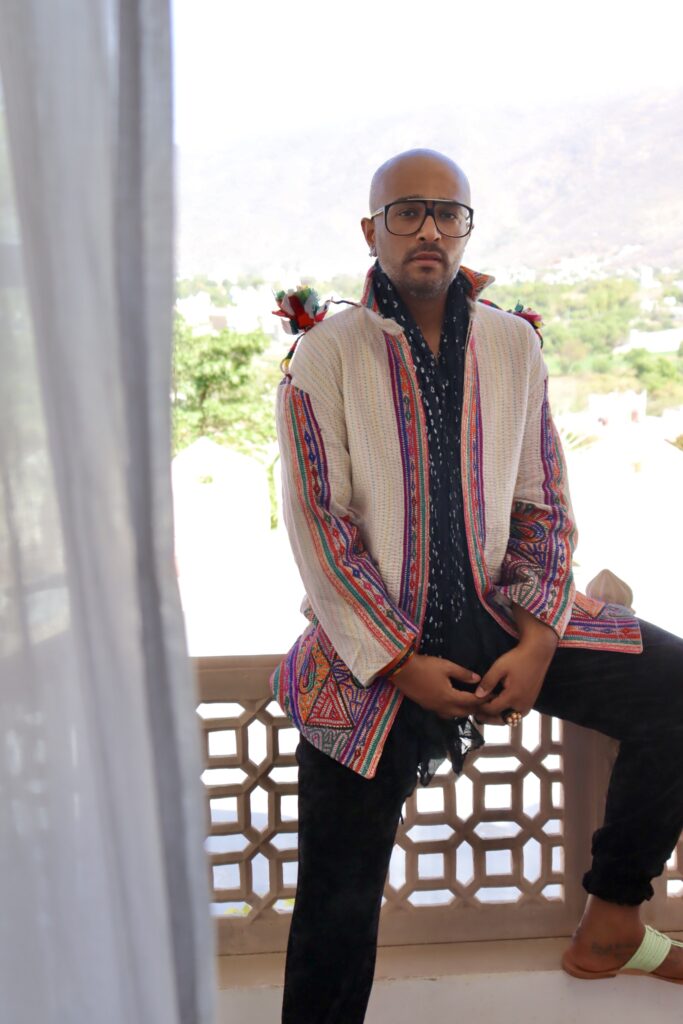
Faraz Arif Ansari discusses award-winning short film ‘Sheer Qorma’
A non-binary South Asian director shows us what representation in film really looks like with an excellent and beautiful short film.
Director Faraz Arif Ansari’s groundbreaking short film Sheer Qorma has been making its way around international film festivals for quite some time. The film, which revolves around a woman and a non-binary person coming from a Muslim family, who are in love with each other. The film depicts their journey of accepting their identities, has won numerous awards. These awards include Best Director and Best Actress at the NYC South Asian Film Festival, and the Best Short Film Audiennce Award at San Francisco’s Frameline Film Festival, which qualifies it for the British Academy Film Awards (BAFTA).
The film stars acclaimed South Asian actors Divya Dutta, Swara Bhasker and Shabana Azmi. It challenges several taboos, attempting to break the stereotypes assigned to the South Asian queer community and groups of people along the queer spectrum. The story not only examines the couples’ acceptance of themselves, but also their family’s acceptance of their identities.
We recently had a chat with Faraz Arif Ansari about the process involved with creating Sheer Qorma. We discussed how the story relates to their own personal experiences.
Kyle Jackson: Can you give us a bit about your background in film and other other films you’ve directed?
Faraz Arif Ansari: I’ve wanted to be a filmmaker since I was 5 years old. I come from a family where storytelling was an everyday ritual, from the most mundane things narrated and shared with great detail and love. While growing up in India in the 90’s as a queer child, the sheer lack of representation and of course, misrepresentation was something that bothered me deeply, even as a child. I wanted to change that narrative with my stories that celebrated queer individuals, without regressively stereotyping us.
After studying filmmaking, I started working in the Indian film industry in 2010 as an Associate Director. After having worked on various films, micro budget to big budget, I decided to go independent in 2016 and directed Sisak — India’s First Silent LGBTQ Love Story that went on to become the first ever Indian film to win 60 international awards. A milestone for Indian cinema set by a silent, queer film. Sisak was my stepping stone into the world of filmmaking as an artist, as an independent storyteller.
After Sisak, I directed a mainstream Indian web-series called Looking for my Bridegroom (Dulha Wanted) that consisted of 12 episodes. I was one of the three directors on Netflix’s magnum opus docu-series on Indian weddings, titled, The BIG Day that garnered a world-wide release. Sheer Qorma is my latest film that opens a conversation not just on sexuality and gender identities but also meditates on the idea of a family, parenting, womanhood, nationalities, faith and opens larger dialogues on love and acceptance as journeys that we must embark on to create a world that is more inclusive.
KJ: Sheer Qorma tells the story about the love between a woman and a non-binary person. Can you talk about the importance of this and any other important themes the film touches on?
FAA: Although, the most visible threads in Sheer Qorma are about sexuality and gender identity, the film, in its very essence, is about many intersectionalities — social, political and spiritual. As a queer, Muslim, non-binary person, I am often told by people from within and outside the queer community that I cannot be Muslim and queer at the same time, or I cannot have facial hair and identify as non-binary and such other nonsense that disregards how most of our identities exist at various intersections and we all contain multitudes.
So, while one of the main narrative threads of Sheer Qorma is about the relationship between a mother and their non-binary, queer child, the film also brings to light narratives of the evolution of families, one’s faith and sexuality exisiting in the same spectrum and acceptance being a multidimensional journey and not a destination.
KJ: Identifying as a non-binary person yourself, were any of the characters’ experiences in the film based upon your own personal experiences?
FAA: Saira, the non-binary protagonist in Sheer Qorma, essayed effortlessly by the multi National Award winning actor, Divya Dutta is based on my own personal journeys and experiences. Saira is, in many ways, an integral part of my being. Even the character’s wardrobe in the film came out of my own closet. The character’s mannerisms, language, physical, emotional, spiritual and mental spectrums are also based on my personal experiences. In that way, I could bring the character closest to the lived experiences of a queer, Muslim, non-binary individual.
KJ: The film looks at the experience of being queer in an Indian family. Can you discuss your feelings on the importance of intersectionality in the LGBTQ community?
FAA: Being a queer, Muslim person of colour who lives and works out of India, our experiences are very different from the experiences that the South Asian diaspora has in the West. Our opportunities, exposures, and lived experiences are very different compared to the western South Asian diaspora.
Sheer Qorma brings forward both those experiences through Saira — an Indian, queer, non-binary, Muslim born and brought up in India in comparison to Sitara — a Canadian, Pakistani, cis queer woman who has never visited Pakistan. These are very thin lines but lines nevertheless that explore the queer spectrum without stereotyping any of our identities but allowing the audiences to experience the minute details that stem from our intersectionalities that bind us together, rather than separating us.
When I first experienced queer cinema, it was all about cis-queer white men. Where are the rest of the queer identities? Why do they never end up as protagonists? What about the queer people of colour, especially queer folks who do not live in the west but in their countries of birth where homosexuality is a crime punishable by law? This was the case in India, until September 2018). Where are we? How far have we come in terms of representation, inclusion and a true celebration of diversity? Why does most queer cinema continue to be so myopic and limited? I want to change that with my films.
KJ: What other LGBTQ themes would you like to tackle in future projects, or what themes do you think are important to keep tackling?
FAA: My films will continue to focus on intersectionalities and queer identities that are not necessarily cis centric. They will feature narratives celebrating queer people of colour as protagonists.
KJ: Do you have any other projects in the works?
FAA: I am currently putting together two feature films and writing the third one. Each of these stories will bring into the global mainstream cinema tales that will celebrate queer identities. Also, they will open larger conversations on representation, inclusion, love, acceptance and healing.

